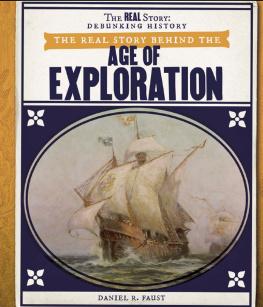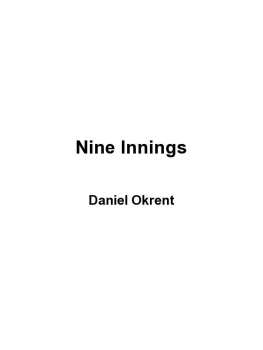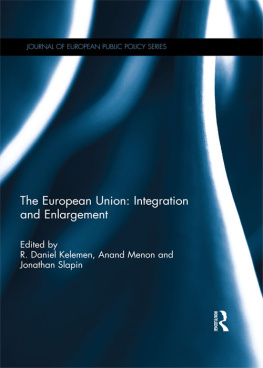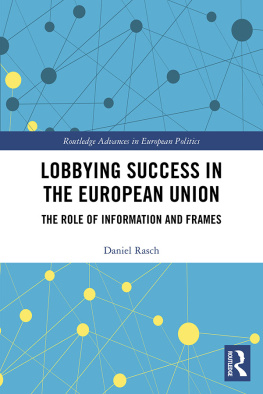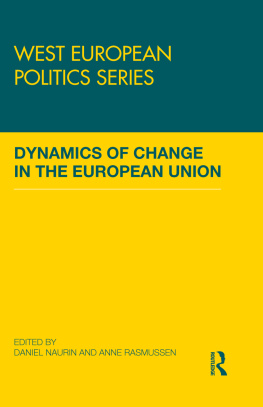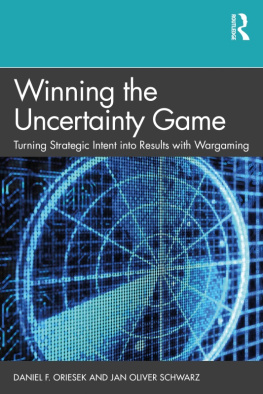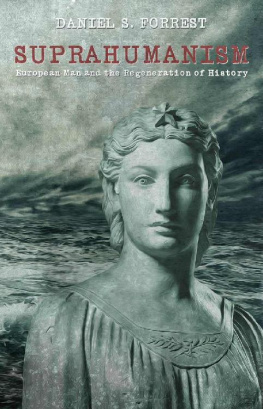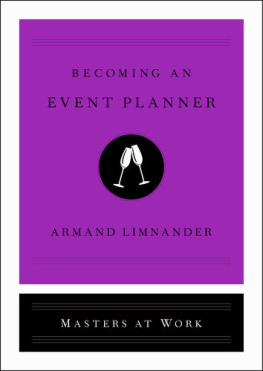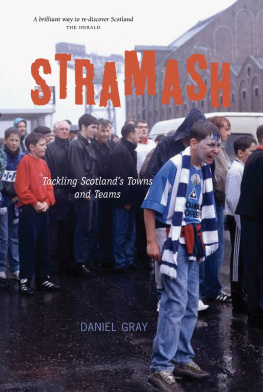Daniel Fieldsend - The European Game
Here you can read online Daniel Fieldsend - The European Game full text of the book (entire story) in english for free. Download pdf and epub, get meaning, cover and reviews about this ebook. publisher: Birlinn, genre: Detective and thriller. Description of the work, (preface) as well as reviews are available. Best literature library LitArk.com created for fans of good reading and offers a wide selection of genres:
Romance novel
Science fiction
Adventure
Detective
Science
History
Home and family
Prose
Art
Politics
Computer
Non-fiction
Religion
Business
Children
Humor
Choose a favorite category and find really read worthwhile books. Enjoy immersion in the world of imagination, feel the emotions of the characters or learn something new for yourself, make an fascinating discovery.

- Book:The European Game
- Author:
- Publisher:Birlinn
- Genre:
- Rating:4 / 5
- Favourites:Add to favourites
- Your mark:
- 80
- 1
- 2
- 3
- 4
- 5
The European Game: summary, description and annotation
We offer to read an annotation, description, summary or preface (depends on what the author of the book "The European Game" wrote himself). If you haven't found the necessary information about the book — write in the comments, we will try to find it.
The European Game — read online for free the complete book (whole text) full work
Below is the text of the book, divided by pages. System saving the place of the last page read, allows you to conveniently read the book "The European Game" online for free, without having to search again every time where you left off. Put a bookmark, and you can go to the page where you finished reading at any time.
Font size:
Interval:
Bookmark:
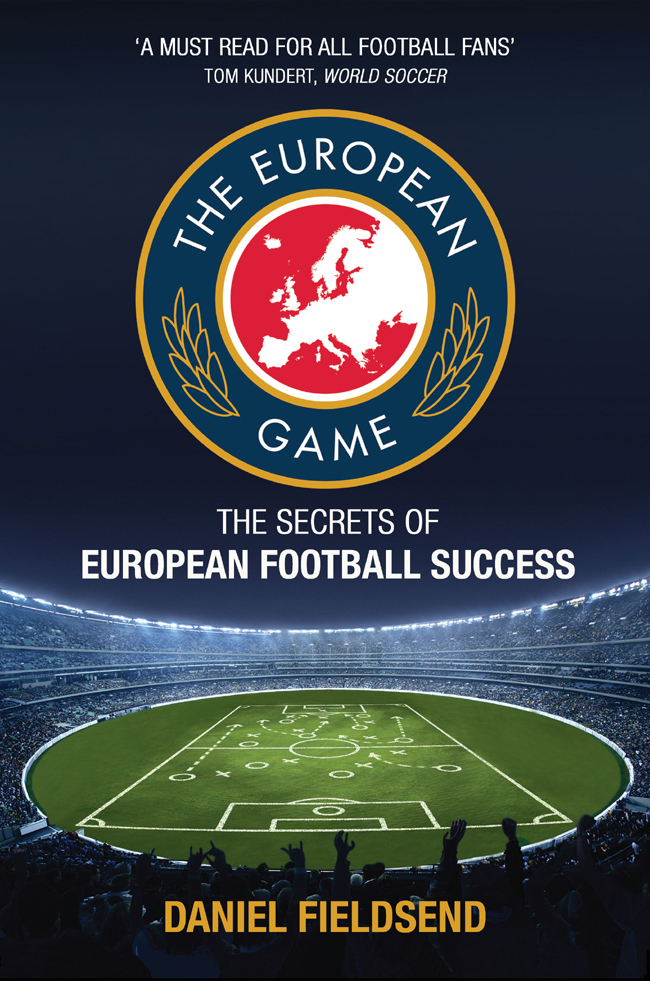


First published in 2017 by
ARENA SPORT
An imprint of Birlinn Limited
West Newington House
10 Newington Road
Edinburgh
EH9 1QS
www.arenasportbooks.co.uk
Text copyright Daniel Fieldsend, 2017
ISBN: 9781909715486
eBook ISBN: 9780857903464
The right of Daniel Fieldsend to be identified as the author of this work has been asserted by him in accordance with the Copyright, Designs and Patents Act 1988.
All rights reserved. No part of this publication may be reproduced, stored or transmitted in any form, or by any means electronic, mechanical, photocopying, recording or otherwise, without the express written permission of the publisher.
Every effort has been made to trace copyright holders and obtain their permission for the use of copyright material. The publisher apologises for any errors or omissions and would be grateful if notified of any corrections that should be incorporated in future reprints or editions of this book.
British Library Cataloguing-in-Publication Data
A catalogue record for this book is available on request from the British Library.
Designed and typeset by Polaris Publishing, Edinburgh
Printed in Great Britain by Clays, St Ives
For Mum and Dad
A Golden Sky

CONTENTS

AUTHORS NOTE
There was a time when football in Europe retained a degree of mystery. Sunny days of Calcio, when Edgar Davids at Juventus and Ronaldo at Inter Milan could enchant a generation of potential Europhiles. To watch them was enthralling, made so by the elusiveness of regular footage. That aura would be punctured over time in a globalised age, as society binged on visual consumption, stripping naked the once alluring football enigma. My generation saw the sun set on mystery, leaving an enduring nostalgia for football on the continent, for names like Barcelona, Bayern Munich and Ajax and what they used to represent.
As I later came to work in football, I was able to carve myself an opportunity to visit those clubs (and others), sending hundreds of emails over the course of many months, plotting a route through the continent based on the replies received. My intention was to discover whether or not such clubs retained the cultural uniqueness that brought them fame, or had an age of hyper-communication merged them all into a sad amalgamation of sameness?
I didnt intend to write a book on the matter, but thought only of having an adventure a personal indulgence. Yet because of the standard and abundance of my findings, I asked staff if they minded me compiling their methods officially. They did not, and in fact seemed quite favourable toward the idea. I had, whilst there, asked them questions that I was personally interested in. Upon returning and reading back through transcripts it became apparent that The European Game could be divided into three areas.
Firstly, the book explores the roles of staff in football, from owners and managers to scouts and agents. Staff working in such capacities, secondly, explain the methods used that make them, and indeed their clubs, successful. Thirdly, it is a profile of the clubs I visited and the components that makethem special. The reader is able to flick between chapters in whatever order he or she wishes, from Milan to Amsterdam, but I recommend following the journey in sequence. In covering three specific areas I hope that the diversity of the project makes it unique. Laced within each chapter are mini segments of findings: about travel, about society, about identity and attachment. I have written on fandom, tactics, coaching, scouting, politics, finance, leadership and everyday European life.
On a train somewhere in the middle of France, I began reading a coffee-stained free magazine stuffed into the pouch of the chair in front. Most of it was in French, of course, but I persisted to scan through the pretty pictures and strange advertisements to fight the clutches of boredom. In amongst the alien words, strangely, was an English language article. It was about a womans experiences travelling and how the places she visited, the actual environments, shaped the belief system of the people there, and vice versa. Psychogeography was the term she referenced, the study of mutual influences between people and place. I liked the idea and retained it, later redefining it to suit a football perspective. It features in most chapters, as I found there to be an obvious relationship between the success of a club and its association with the environment around it. In Bilbao, as you will read, Athletic teach youngsters about the oppressed history of the region in school to inspire pride. At Feyenoord, they align players with the grit of local Rotterdammers, training them in rain and hail. All clubs should look inwards to their local environment and find what makes them culturally unique, harnessing this to retain identity.
Finally, let me explain my method. To meet and spend time at clubs was essential for a studied insight. I could have written parts of this book from home once I decided upon my intentions, but to quote da Vinci, Experience has been the mistress of whoever has written well. Only through having been there am I able to describe everything in full.
You must also allow me to indulge in the romantics of my chosen form of travel. To fly from place to place would have been to cheat. Only rail travel past mountains and countryside offers aesthetic pleasure for hours on end. Beyond the lazy vineyards of Bordeaux, the gritty terrain of northern Spain and the reflected blue Mediterranean was inspiration. I tried to capture that when possible. Flying takes you from one generic glassand metal complex to another everything in between is missed. On the train, I saw great countries change.
I hope you enjoy this book. There is a passion for football compounded in these pages that I know you share. Thank you for being a part of this project.
Dan Fieldsend, February 2017
Postscript: The notion of a European Game book far predates Brexit. Not including British clubs isnt a political statement, its a niche.
Footnote: Throughout the book I have referred to clubs as them rather than it. I believe that a club is a society of people, rather than an institution, and therefore deserves the warmth of personification. For example, Juventus are magnificent instead of Juventus is magnificent.
Disclaimer: Views expressed in chapters from staff members are, for the most part, personal theories, opinions, ideas and ways of working that, while contributing to the effectiveness and success of a club, are not representative of that institution on the whole. For example, some staff members have since moved on to new clubs and take their beliefs with them. Nevertheless, the clubs in each chapter offer themselves as a fantastic backdrop for us to explore ways in which the modern game works.
ONE

Font size:
Interval:
Bookmark:
Similar books «The European Game»
Look at similar books to The European Game. We have selected literature similar in name and meaning in the hope of providing readers with more options to find new, interesting, not yet read works.
Discussion, reviews of the book The European Game and just readers' own opinions. Leave your comments, write what you think about the work, its meaning or the main characters. Specify what exactly you liked and what you didn't like, and why you think so.

